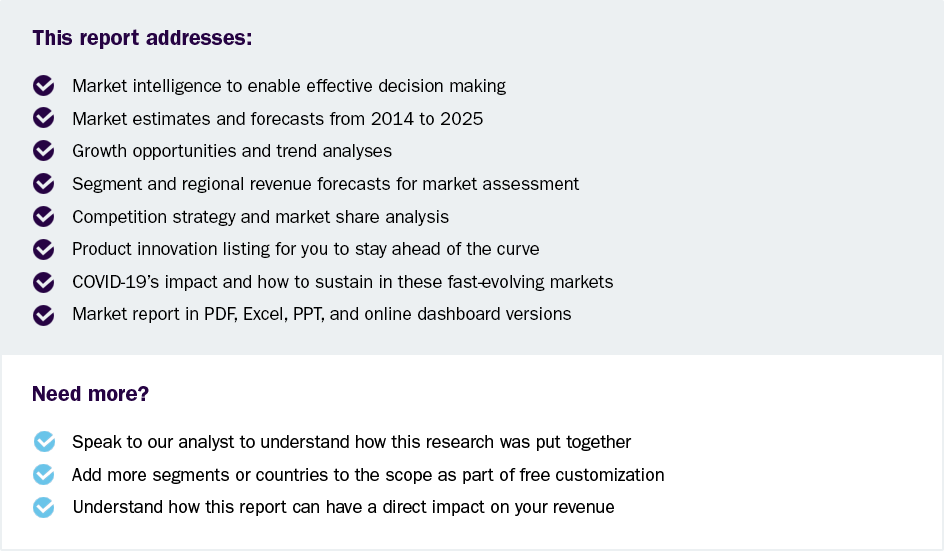Hormone Replacement Therapy Market Size To Reach $39.42 Billion By 2033
Hormone Replacement Therapy Market Growth & Trends
The global hormone replacement therapy market size is expected to reach USD 39.42 billion by 2033, registering a CAGR of 5.8% from 2025 to 2033, according to a new report by Grand View Research, Inc. The growth in the hormone replacement therapy market is largely attributable to the rising prevalence of hormonal disorders coupled with technological advancements in drug delivery systems. According to the National Organization of Rare Diseases, there are around 70,000 people with hypoparathyroidism in the U.S.
Technological advancements to minimize the side effects and enhance drug bioavailability are expected to boost the market growth. Due to better bioavailability, the treatment frequency increases. Products such as NGENLA, which is used to treat growth hormone deficiency, require a once-a-week dosage, which ensures better patient compliance. Furthermore, improvement in the route of administration is expected to boost the adoption of products. For instance, intranasal estrogen medication such as Nafarelin is comparatively more compliant in women than the conventional method.
Companies are taking initiatives such as collaboration, partnership, and agreement to expand their business footprint and generate revenue. For instance, in September 2021, Merck & Co., Inc. entered into an agreement with BIOCORP, a French company, for the development and distribution of the HGH monitoring device, Mallya. It is used to monitor and track daily HCG treatment. Such strategies are anticipated to propel the market growth during the forecast period.
Moreover, the launch of new hormone replacement therapy medicines in the market is anticipated to drive market growth. For instance, in November 2021, Fuji Pharma Co, Ltd. announced the launch of F-meno (100 mg capsule) for the prevention of endometrial hyperplasia on the administration of estrogen drugs for menopausal disorders. F-memo is an orally administered drug and is included in Japan’s National Health Insurance Drug Price list. This initiative may boost the prescription rate for hormone replacement therapy drugs, thereby driving the market growth.
However, severe adverse effects act as key restraints for market growth. The FDA has identified certain drugs in estrogen therapy that can cause adverse reactions and increase the risk of cancer in women. Premarin and Prempro, manufactured by Pfizer, are found to be associated with inducing cancer.
 Request a free sample copy or view report summary: Hormone Replacement Therapy Market Report
Request a free sample copy or view report summary: Hormone Replacement Therapy Market Report
Hormone Replacement Therapy Market Report Highlights
-
The estrogen and progesterone replacement therapy segment led the market with the largest revenue share of 55.75% in 2024, driven by high demand for treatments addressing menopausal symptoms.
-
The oral segment led the market with the largest revenue share of 41.13% in 2024, due to its ease of use and patient convenience. Oral formulations for estrogen, progesterone, and thyroid hormones remain widely prescribed across healthcare systems
-
The menopause segment led the market with the largest revenue share of 44.84% in 2024, due to the high incidence of menopausal symptoms among women globally. Common conditions such as hot flashes, night sweats, osteoporosis, and urogenital atrophy drive consistent demand for therapies
-
The hypoparathyroidism segment is projected to grow at the fastest CAGR of 29.7% over the forecast period, driven by rising clinical recognition and the need for long-term hormone replacement to manage calcium imbalance
-
North America dominated the hormone replacement therapy market with the largest revenue share of 38.78% in 2024, due to a large patient base dealing with menopause and hypogonadism
Hormone Replacement Therapy Market Segmentation
Grand View Research has segmented the global hormone replacement therapy market report based on product, route of administration, disease type, and region:
Hormone Replacement Therapy Product Outlook (Revenue, USD Million, 2021 - 2033)
-
Estrogen & Progesterone Replacement Therapy
-
HGH Replacement Therapy
-
Thyroid Hormone Replacement Therapy
-
Testosterone Replacement Therapy
-
Parathyroid Hormone Replacement
Hormone Replacement Therapy Route of Administration Outlook (Revenue, USD Million, 2021 - 2033)
-
Oral
-
Parenteral
-
Transdermal
-
Others
Hormone Replacement Therapy Disease Type Outlook (Revenue, USD Million, 2021 - 2033)
-
Menopause
-
Hypothyroidism
-
Male Hypogonadism
-
Growth Hormone Deficiency
-
Hypoparathyroidism
Hormone Replacement Therapy Regional Outlook (Revenue, USD Million, 2021 - 2033)
-
North America
-
U.S.
-
Canada
-
Mexico
-
-
Europe
-
UK
-
Germany
-
France
-
Italy
-
Spain
-
Denmark
-
Sweden
-
Norway
-
-
Asia Pacific
-
Japan
-
China
-
India
-
Australia
-
South Korea
-
Thailand
-
-
Latin America
-
Brazil
-
Argentina
-
-
Middle East & Africa
-
South Africa
-
Saudi Arabia
-
UAE
-
Kuwait
-
List of Key Players in Hormone Replacement Therapy Market
-
Eli Lilly and Company
-
Bayer AG
-
Noven Pharmaceuticals, Inc.
-
Pfizer Inc.
-
Merck & Co., Inc.
-
Viatris, Inc.
-
Novo Nordisk A/S
-
F. Hoffmann-La Roche Ltd.
-
ASCEND Therapeutics US, LLC.
-
AbbVie, Inc.

